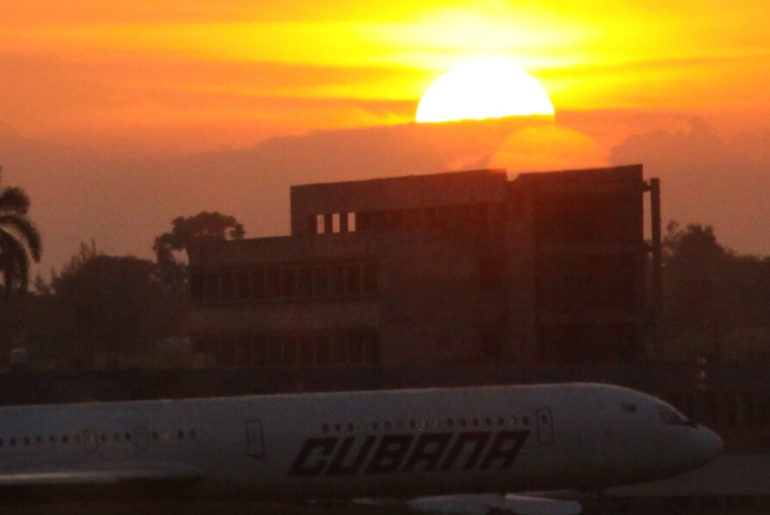U.S. citizens with plans to travel to Cuba will soon only be able to fly to the island nation’s capital of Havana. President Donald Trump’s administration on Oct. 25 ordered U.S.-based airlines to discontinue flights to any city other than Havana’s Jose Marti International Airport.
This is an upset for both travelers and U.S. carriers that offer flights from numerous U.S. cities to nine destinations other than Havana, including Santa Clara, Santiago and Holguin, according to WashPost.
An order from the Transportation Department, which affects airlines such as American, Delta and JetBlue, gives U.S. carriers 45 days to stop operations. This is an extension of the Trump administration’s actions in June to stop U.S.-based cruise ships from visiting Cuba, after a series of restrictive measures that limited the reasons U.S. citizens are allowed to travel to Cuba, according to the Washington Post.
A White House press release states that stopping flights to Cuba, other than Havana, prevents revenue from reaching Cuba that is then used to finance “its ongoing repression of the Cuban people and its support for Nicolas Maduro in Venezuela.”
“The human rights situation in Cuba remains abysmal, with state authorities harassing and arbitrarily jailing activists, dissidents, artists, and others questioning regime authority with impunity,” the press release states. “Despite widespread international condemnation, Maduro continues to undermine his country’s institutions and subvert the Venezuelan people’s right to self-determination. Empowered by Cuba, Maduro has created a humanitarian disaster that destabilizes the region.”
Bruno Rodríguez, Cuba’s Minister of Foreign Affairs, said he strongly rejects the U.S. airlines’ flights ban. He tweeted that the blockade measure “mutilates U.S. people’s liberties and damages people-to-people contacts.”
Latinxs worry that banning flights would only make it more challenging for Cuban-Americans to visit their families outside of Havana, without making the negative economic impact on the Cuban government that U.S. officials hope, according to the Associated Press.
“Eager to punish Cuba’s unbreakable defiance, imperialism is going after regular flights to various Cuban cities. It doesn’t matter that they’re affecting family relations, or the modest pocketbooks of most Cubans in both countries,” Carlos F. de Cossío, head of Cuba’s department of U.S. affairs, tweeted.
But not all Cubans are in disagreement with the ban. Cuban-born barber Ernesto Regues told the Associated Press he left his country in 2012, but that he still has family in Havana. He believes the flights ban is a step in the right direction as it could encourage the Cuban government to implement much-needed changes.
The ruling undoes former President Barack Obama’s administration opening of Cuba, which reopened diplomatic relations with Havana in 2015. At the time, the United States expanded direct commercial flights and other travel opportunities to Cuba.
While tourism had been prohibited, under the terms of economic sanctions in effect since 1962, a number of categories of permitted travel were expanded. Those lifted restrictions have now been reinstated by Trump, according to WashPost.
Trump’s measures have been credited with adding to the Cuban government’s hard currency and fuel shortages. Cuba’s security staff continues to detain dissenters and human rights groups, according to the Associated Press. However, there is no indication the prohibitions have had the desired effect, and meanwhile, the Cuban and Venezuelan governments have become closer allies. Those questionable alliances have expanded to Cuba’s relationship with Russia, where President Vladimir Putin hailed Cuba’s resilience when confronted with U.S. pressure. Putin talked about “expanding cooperation between the old allies,” according to the Associated Press.

